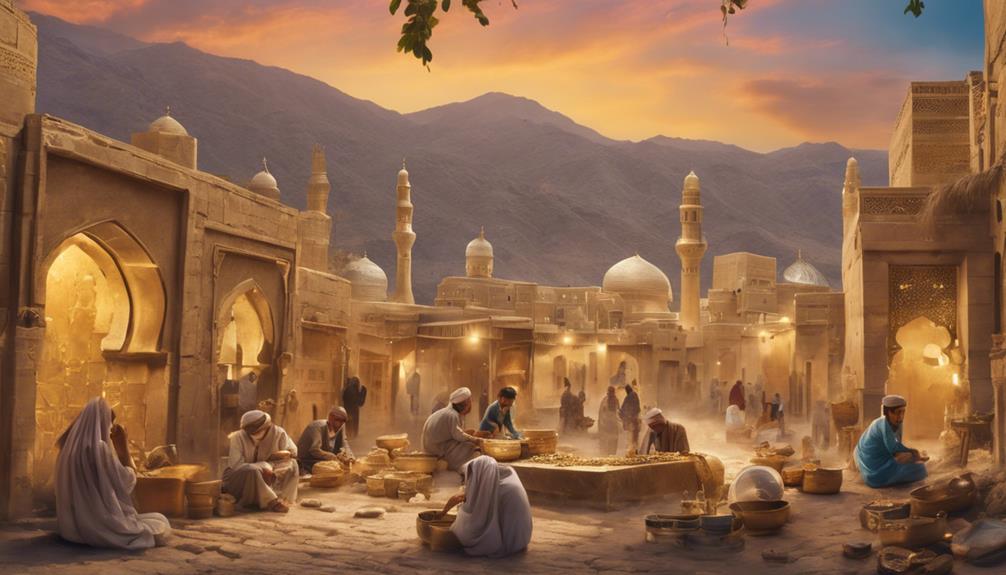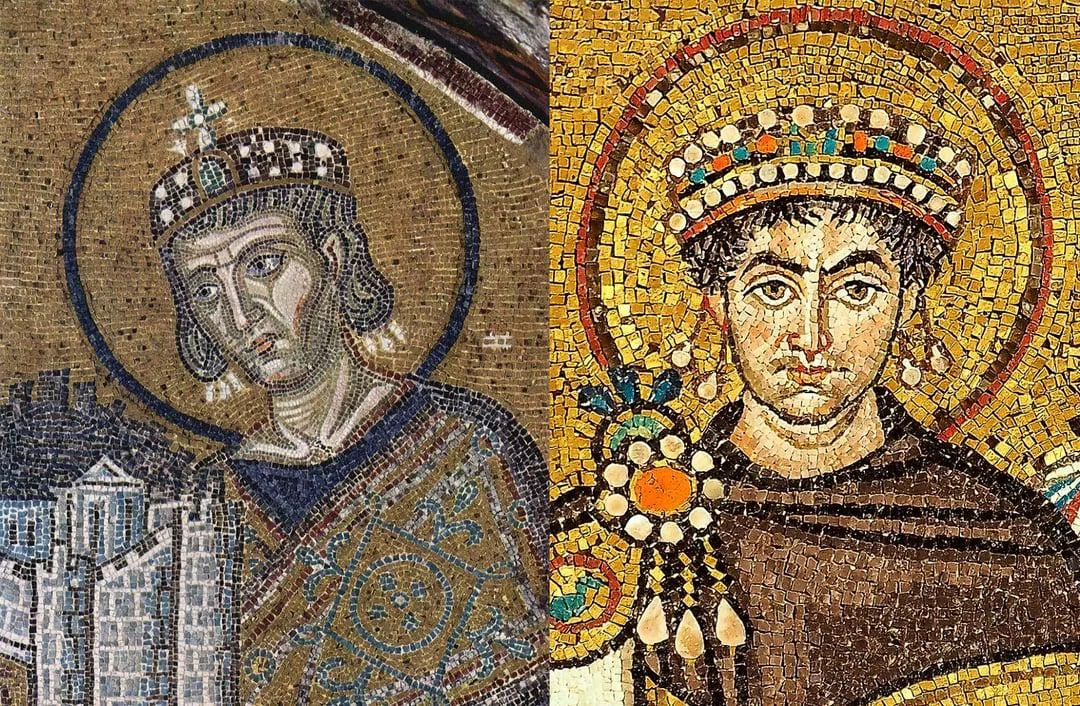
Lithuania: Echoes of the Grand Duchy
mashupch
- 0
mashupch.com – Lithuania, a nation with a rich and storied past, was once the centerpiece of one of Europe’s largest and most influential states: the Grand Duchy of Lithuania. Spanning from the Baltic to the Black Sea, the Grand Duchy left an indelible mark on the history and culture of Eastern Europe. This article delves into the echoes of this grand era that continue to resonate in modern Lithuania.
The Rise of the Grand Duchy
The Grand Duchy of Lithuania emerged in the 13th century as a formidable power under the leadership of Grand Duke Mindaugas, who became the first and only crowned king of Lithuania. By the 14th century, the Grand Duchy had expanded its territory significantly, encompassing lands that are now part of Belarus, Ukraine, Poland, and Russia. This expansion was marked by a series of strategic alliances and military campaigns.
Cultural and Religious Influence
Despite being one of the last pagan states in Europe, the Grand Duchy eventually embraced Christianity in the late 14th century. The conversion brought about significant cultural and religious changes, fostering closer ties with Western Europe. The Grand Duchy became a melting pot of cultures and religions, where Catholicism, Orthodoxy, and pagan traditions coexisted.
The establishment of the Union of Krewo in 1385, which led to the personal union between Lithuania and Poland, was a pivotal moment in the region’s history. This union laid the foundation for the Polish-Lithuanian Commonwealth, one of the largest and most populous states in Europe at the time.
Architectural Heritage
The architectural legacy of the Grand Duchy is still visible across Lithuania. Vilnius, the capital, is a treasure trove of Gothic, Renaissance, and Baroque architecture. The Vilnius Old Town, a UNESCO World Heritage Site, reflects the city’s medieval past with its narrow winding streets and historic buildings.
Trakai Island Castle, located on Lake Galvė, is another iconic symbol of this era. Originally built in the 14th century, the castle served as a strategic defense point and a residence for the Grand Dukes. Today, it stands as a testament to Lithuania’s medieval grandeur and is a popular tourist attraction.
The Legal and Educational Legacy
The Statutes of Lithuania, first codified in the 16th century, were among the most advanced legal codes of their time. These statutes emphasized personal freedoms and property rights, influencing legal systems in neighboring regions. The Grand Duchy was also a center of learning, with Vilnius University, founded in 1579, becoming a leading educational institution in Eastern Europe.
Conclusion
The echoes of the Grand Duchy of Lithuania continue to resonate in the country’s cultural, architectural, and legal landscapes. This grand era, marked by territorial expansion, cultural fusion, and legal innovation, has shaped the identity of modern Lithuania. As you explore Lithuania today, you’ll find that the legacy of the Grand Duchy is not just a relic of the past, but a living part of the nation’s heritage.


